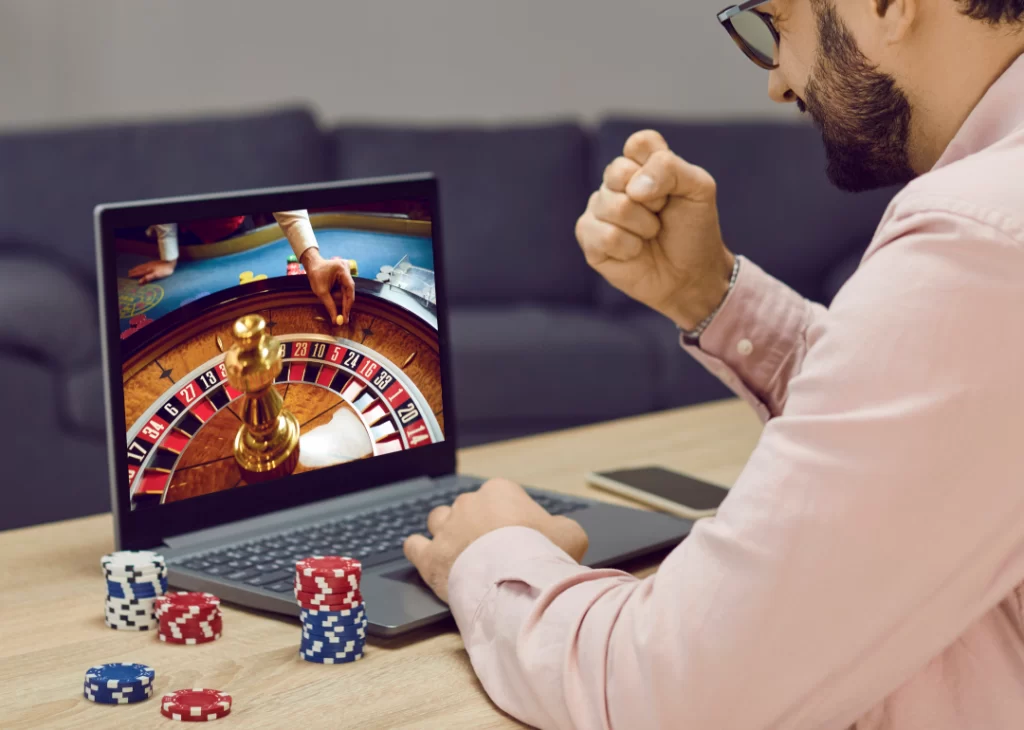Exploring the Psychology of Casino Games provides an exploration of the complex nature of gambling and human psychology. It examines why people gamble, revealing basic psychological needs like autonomy, relatedness and competence that may motivate such behavior.
Success and confidence-inducing feelings that accompany winning can become addictive; on the contrary, defeat can bring with it feelings of frustration, disappointment and even anger.
Game design
Gambling games involve risk and loss, which may produce uncomfortable emotions. Yet they also offer opportunities to learn how to manage these feelings more effectively, helping players build emotional resilience which may benefit their real-life relationships and overall health. It is crucial that game designers design games with ethics in mind so that gambling does not become addictive.
Casinos utilize several psychological tricks to attract and retain their customers. Lighting and color psychology are used to evoke certain feelings and convince gamblers to stay for longer – for instance, casinos often lack windows which makes it hard for gamblers to track how long they have been playing for.
Casino games provide a constant source of stimulation to keep the brain active. This is particularly evident when it comes to blackjack and poker, which require complex strategies for victory; such games keep players’ brains stimulated while improving cognitive function and flexibility.
Odds of winning
Though winning at casinos is often a matter of chance, there are ways to increase your odds of success by making smaller bets and betting with others.
Scientists from Cambridge’s Wolfson Brain Imaging Centre used functional magnetic resonance imaging (fMRI) to monitor participants’ brain activity during an online gambling task. Near-miss outcomes (where a slot machine stops just short of an icon chosen by the participant) seemed to stimulate more strongly the reward system than full-misses, even though no monetary gains were realized from either trial type.
Researchers speculate that near-misses trigger gamblers’ illusion of control – the belief they can exert skill over an outcome determined by chance – leading them down the path towards loss chasing; that is, keeping playing to recover past losses and gain back what has been lost.
Social interaction
The explosion of online casino games – and emerging technologies such as VR/AR – provides an exciting opportunity for psychological research. They recreate the risk and reward elements of traditional gambling while often designed to provoke emotional responses in players; for example, near-miss effect encourages them to keep playing because they feel they may be close to winning; additionally, illusion of control – common across gambling engagements – amplifies these positive emotions further and increases risk-taking behaviors.
Recent research conducted on participants asked them to play Lucky Lolly Slots social casino game and then engage in real money roulette gambling afterwards, in order to assess whether winning in social casino gaming impacted gambling behaviors; however, this experiment relied solely on self-reports of impulsivity which may skew associations; therefore future studies should assess more dispositional characteristics so as to increase ecological validity.
Escapism
Escapism is a defense mechanism you use to try to shield yourself from something. Unfortunately, this approach doesn’t help manage emotions or relieve stress; you should instead face head on any issues causing you to seek escape in order to manage emotions or alleviate tension – such as your family relationships or work responsibilities, health issues or your negative financial circumstances.
Casino games provide participants with a sense of unpredictability that keeps them on edge. Their unpredictable characters and outcomes stimulate brain cells to produce dopamine, leading them to experience excitement and anticipation – feelings which reinforce gambling behavior.
This study employed longitudinal models to explore the impact of escapism on online behaviors. Results demonstrated that within-person changes in escapism predicted excessive gambling, gaming and Internet use over time; between-person escapism also predicted excessive Internet use even after taking into account effects caused by gambling and gaming.


